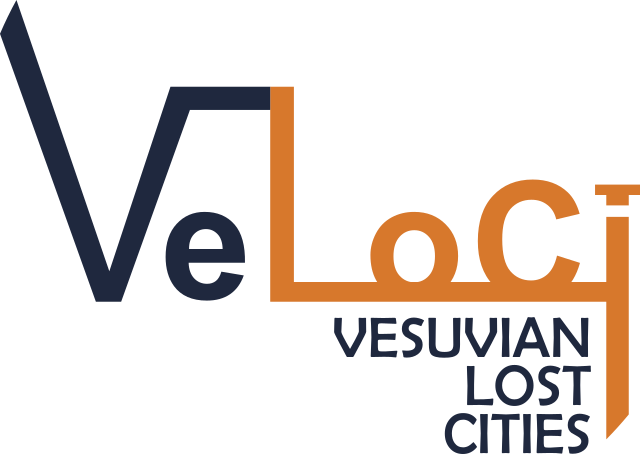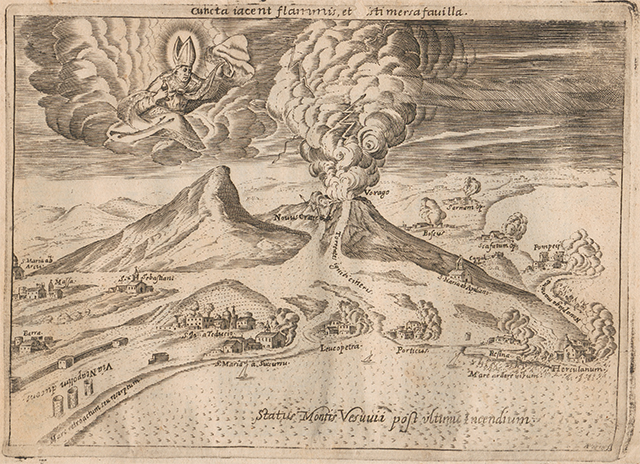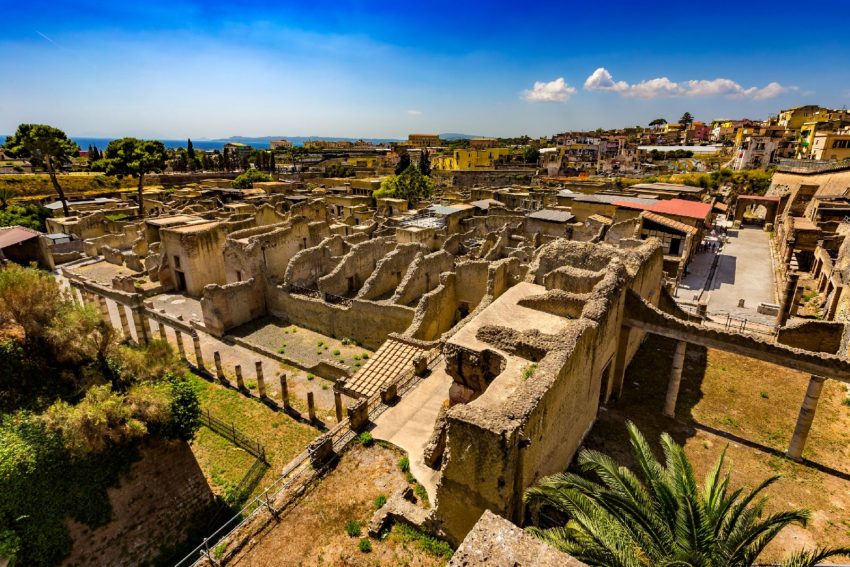
Project Overview
VeLoCi is an architectural and heritage history project born from the desire to establish an inseparable collaboration between the investigation of sources and the study of the territory with the aim of reconstructing the process of knowledge of the past and the experience of discovering forgotten and unknown places. The subject of the project is the cities that disappeared following the eruption of Vesuvius, which will be analyzed from an innovative point of view compared to the tradition of studies. In fact, if there is no shortage of contributions dedicated to the discoveries that occurred following the excavations that began in the eighteenth century (1738, 1748), the information relating to the period preceding them is much more incomplete. VeLoCi proposes a new approach to the history of this territory, investigating the process of knowledge started before the official archaeological campaigns. Reflecting on the experience of discovery and the methodology with which the past was studied, VeLoCi intends to dialogue with a consolidated bibliography in the field of the history of science, archaeology, restoration and, more recently, the epistemology of disasters. The project has three objectives: to narratively innovate the state of the art by exploring the experience of coexistence with ruins in its symbolic and material dimension; experiment with a new research methodology to reconstruct the identity of a lost landscape; contribute to the dissemination of a complex history that will enrich scientific knowledge and lay new foundations for conservation strategies aimed at protecting and managing a broad cultural heritage, so as to enhance the identity of these places and promote social inclusion.





